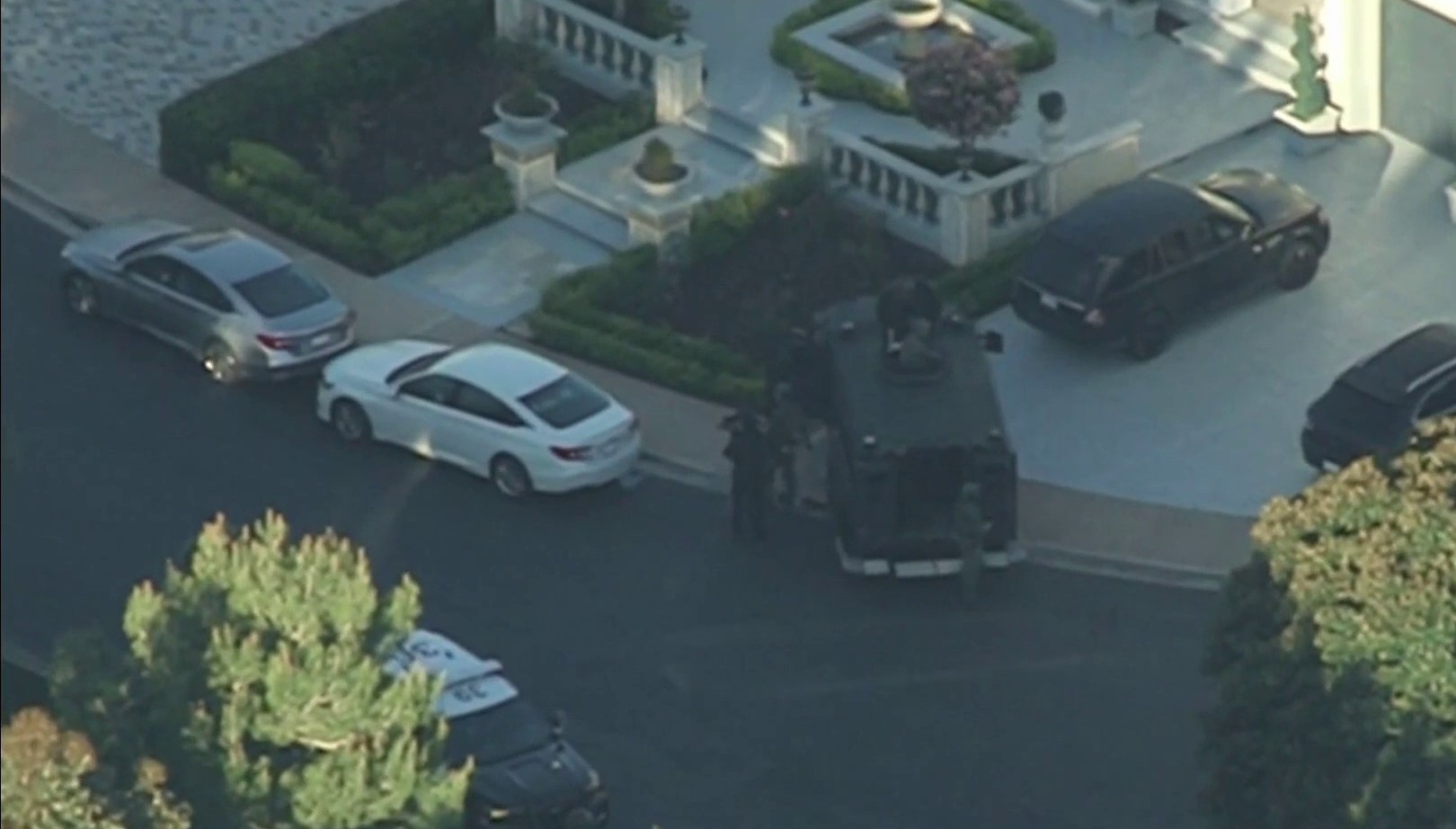In a ruling originating out of Orange County, the state Supreme Court today ruled that circumstantial evidence such as an officer's observations can be used to show a motorist had a blood-alcohol level above the legal limit.
The case began with Ashley Jourdan Coffey suing the state Department of Motor Vehicles, which suspended her driving privileges after she pleaded guilty to a ``wet reckless'' charge.
Coffey was arrested Nov. 13, 2011, about 1:30 a.m., after an officer spotted her swerving while southbound on the Costa Mesa (55) Freeway. The officer concluded Coffey was drunk based on her red eyes, a strong odor of alcohol and her difficulty with field sobriety tests, according to the high court's ruling.
Coffey ``denied having consumed any alcoholic beverages, offering the rather implausible story that she had just turned 21 years old, had been in a bar, but had not herself consumed any alcoholic beverages,'' the justices' ruling says.
Coffey also had difficulty with breath tests, requiring several attempts by officers to get a sample.
About an hour after she was pulled over, her blood-alcohol level was measured at .08 percent. Another test three minutes later showed her level had risen to .09 percent, above the legal limit. Blood tests done later showed a level of .095 percent. Coffey later accepted a plea deal to admit misdemeanor reckless driving and then requested a hearing before the DMV to challenge the suspension of her license.
Coffey hired an expert to testify that her blood-alcohol level was below the legal limit when she was arrested, and that the tests proved it was rising while she was in custody.
A DMV hearing officer rejected the expert testimony, saying it was not supported by the evidence provided by law enforcement. An appellate court sided with the DMV, and the state's high court granted a review of the opinion. The state Supreme Court agreed with Coffey on at least one point -- that her expert's testimony should have been considered and not rejected, but it did not set precedent on that issue because the law is unclear whether it applies to administrative hearings.
The Supreme Court suggested lawmakers consider clarifying the law to make it clear whether it applies to administrative proceedings as well as ``prosecutions.''
Attorney Chad Maddox, who represented Coffey in the lawsuit, said it's possible the ruling could have a ``ripple effect'' in criminal prosecutions. The ruling establishes for the first time some guidelines on how to handle a DUI defense when the chemical tests are not conclusive and other circumstantial evidence is taken into account, Maddox said.
Local
Get Los Angeles's latest local news on crime, entertainment, weather, schools, COVID, cost of living and more. Here's your go-to source for today's LA news.
For instance, it can now be argued that a DMV hearing officer cannot just reject testimony from an expert and must consider that evidence, as well, Maddox told City News Service.
``They did throw the defense a bone or two and gave us some silver linings,'' Maddox said. The ruling, however, could grant greater weight to circumstantial evidence such as a heavy odor of alcohol, he said. ``The danger is (DMV hearing officers) will think everything is strong enough,'' Maddox said.
The ruling also may provide attorneys more guidance on the issue of field sobriety tests, he said.
For instance, they should only be used to decide whether an officer has probable cause to arrest a motorist and then subject him or her to blood or breath tests. The results of a field sobriety tests should not be used to prove impairment without other evidence, Maddox said.
The ruling ``has the potential to weaken criminal prosecutions on the impairment statute only,'' Maddox said.
A key difference between an administrative hearing such as a license suspension at the DMV and the criminal courts, Maddox noted, is that the agency must prove its case by a ``preponderance'' of the evidence as opposed to a criminal court case which requires the higher threshold of proof beyond a reasonable doubt.



